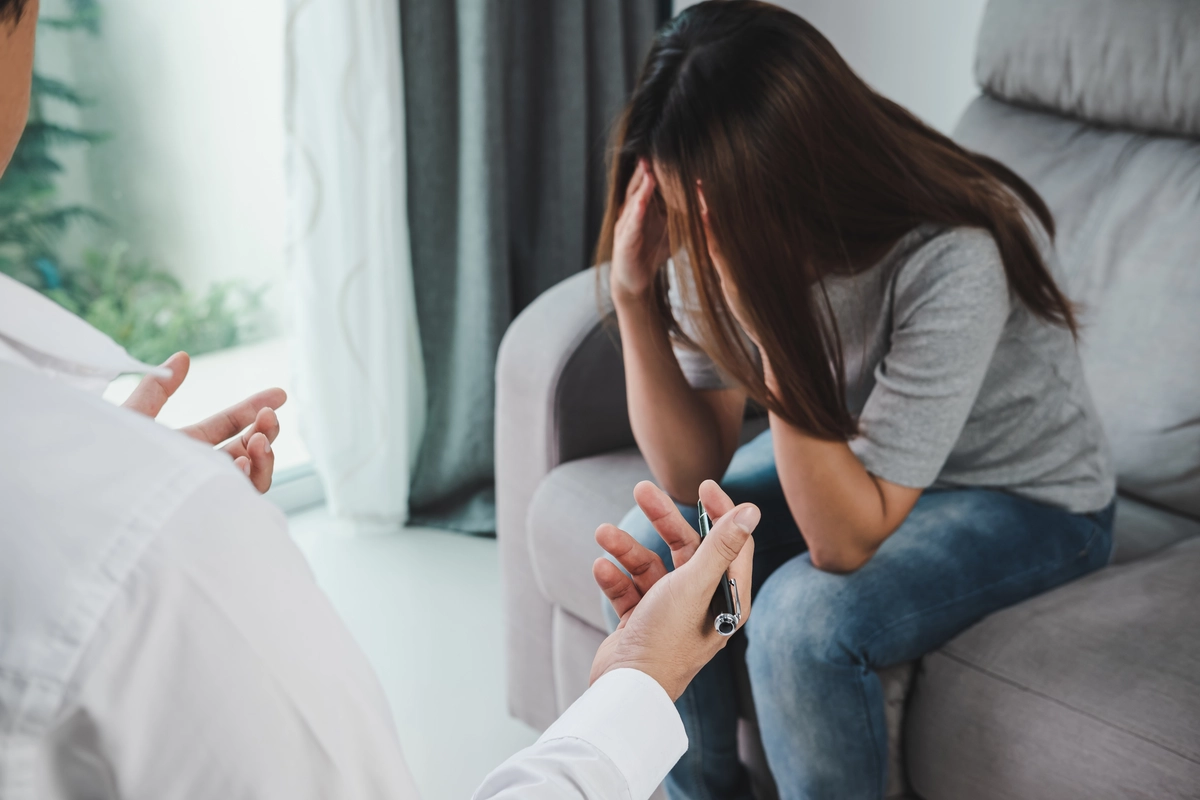24/7 Helpline:
(866) 899-221924/7 Helpline:
(866) 899-2219
Learn more about Bipolar Disorder Treatment centers in Henry County

Other Insurance Options

MHNNet Behavioral Health

Ceridian

Kaiser Permanente

Anthem

Highmark

Meritain

Medical Mutual of Ohio

Optum

Optima

Cigna

Magellan Health

Multiplan

Health Net

Oxford

Absolute Total Care

American Behavioral

Group Health Incorporated

Amerigroup

Self-pay options

ComPsych

Atlanta Psychotherapy
Atlanta Psychotherapy is a private rehab located in Stockbridge, Georgia. Atlanta Psychotherapy spec...

Underdue Social Services
Underdue Social Services provides behavioral health services to adolescents, adults, and families. U...





























Henry County Counseling Center
Henry County Counseling Center offers individuals experiencing symptoms associated with mental illne...

Person to Person Consulting
Person to Person Consulting is a private rehab located in McDonough, GA. Person to Person Consulting...

Purpose
Purpose is a private rehab located in Mcdonough, Georgia. Purpose specializes in the treatment of Su...





























